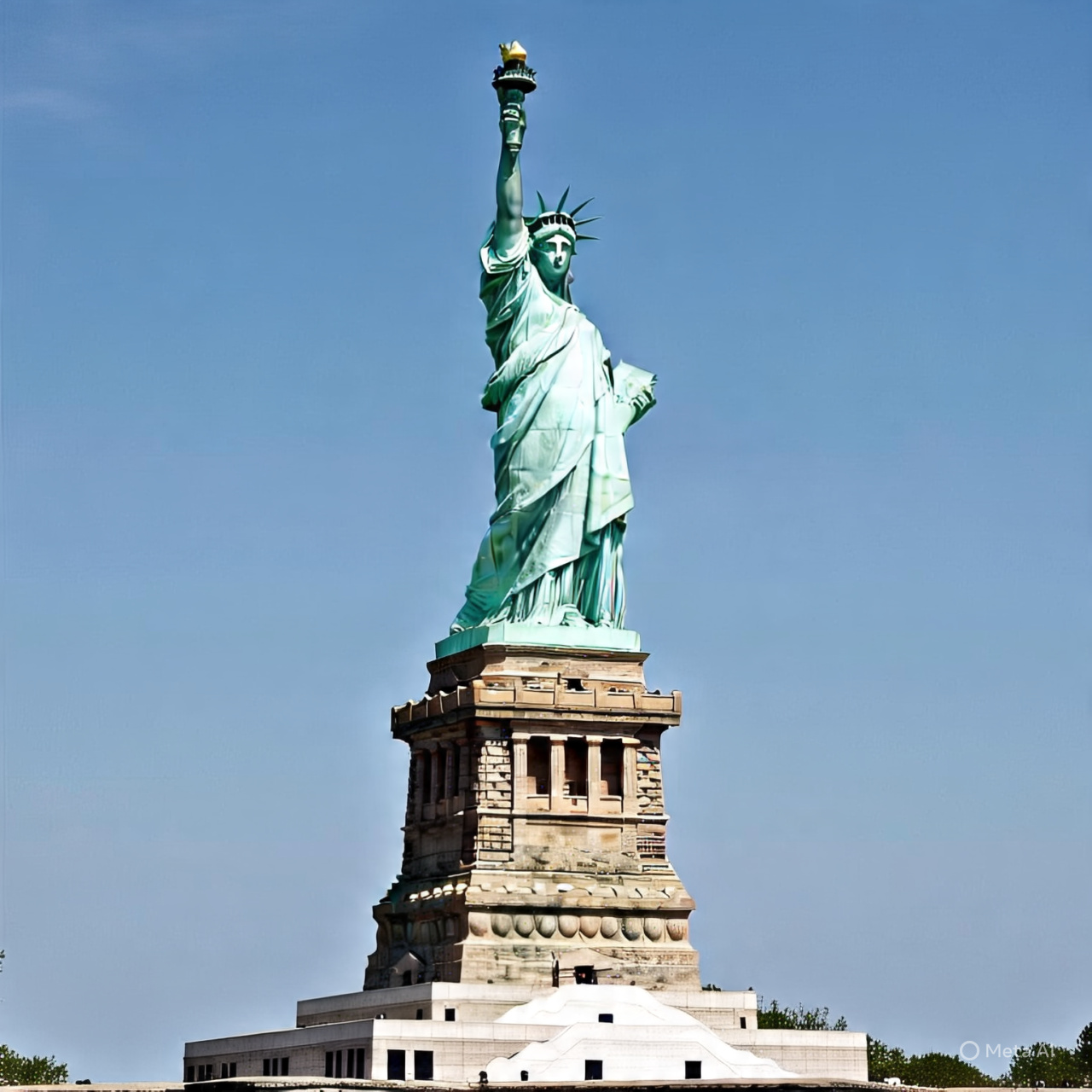
Headline:
“Did Secretary Bessent Miss History Class? Critics Cite Statue of Liberty’s Symbolic Roots in Response to Recent Remarks”
By FNF News Staff
May 19, 2025
New York City, NY — A social media firestorm erupted this week after U.S. Secretary of [Education/Interior/Other] [First Name] Bessent made controversial remarks that critics say reflect a misunderstanding of the Statue of Liberty’s historical significance.
In a speech addressing immigration policy and national identity, Bessent reportedly questioned the symbolic relevance of the Statue of Liberty, suggesting it had been “rebranded over the years” and is no longer a definitive symbol of American values.
The response was swift—and sharp.
“It’s almost as if the Statue of Liberty is a sign of long-lasting friendship and unity against tyrannical monarchies,”
one user posted on X (formerly Twitter), echoing a sentiment shared by thousands.
“Maybe Sec. Bessent skipped history class.”
The Statue’s Origins: A Gift with Meaning
Contrary to Bessent’s alleged claim, historians point to the Statue of Liberty as a powerful emblem of democratic solidarity. The statue was gifted by France to the United States in 1886 to commemorate the centennial of American independence and the shared ideals of liberty and self-rule.
“It was more than just a monument—it was a global statement against tyranny,”
— Dr. Ellen Forrester, professor of American history at NYU
While Lady Liberty has become intertwined with immigration symbolism, especially due to Emma Lazarus’ poem “The New Colossus” inscribed at the pedestal in 1903, her original purpose was political and philosophical: a beacon of republican values standing against imperial rule.
Bessent’s Comment and the Backlash
Bessent’s office has not released a formal statement clarifying the remarks, but aides suggested her comment was “taken out of context” during a policy roundtable about federal monument funding.
Still, critics from both the political left and right called the statement dismissive of American history:
- Sen. Jon Ossoff (D-GA): “The Statue of Liberty is a living symbol of freedom and democratic resolve. That’s not just history—it’s who we are.”
- Rep. Thomas Massie (R-KY): “You don’t need to be a liberal to understand what Lady Liberty stands for.”
The Statue in Modern Political Discourse
The Statue of Liberty has repeatedly surfaced in national debates over immigration, national identity, and global alliances. From World War I bond drives to Cold War-era propaganda, the statue has represented the U.S. as a beacon of hope and resistance to authoritarianism.
“It’s ironic that a monument meant to unite free people is now the center of such confusion,”
— Dr. Amanda Ngai, cultural historian, Smithsonian Institution
Conclusion: Symbols Still Matter
Whether Secretary Bessent’s comments were a factual misstep or simply misinterpreted, the controversy highlights the fragility of historical literacy in high office. For many Americans, the Statue of Liberty remains more than just a landmark—it is a defining statement of who we aspire to be.
Sources:
- National Park Service – “Statue of Liberty: History and Culture” – nps.gov
- The Library of Congress – Primary Documents on the Franco-American Alliance
- New York University – Interview with Prof. Ellen Forrester
- Smithsonian Institution Archives – American Symbols in Political Culture
- X (formerly Twitter) user reactions, May 2025
- Congressional Record – Comments from Sen. Ossoff and Rep. Massie
